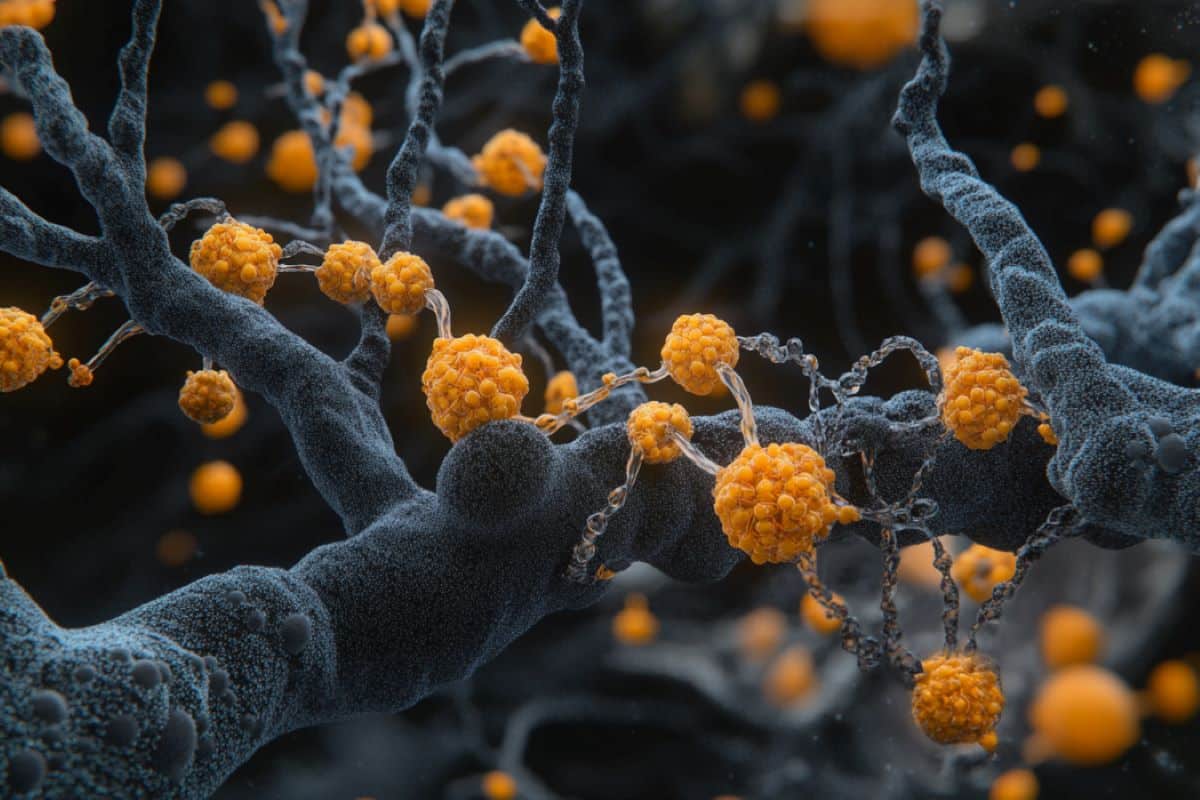Revolutionary Polymer Therapy Offers New Hope for Huntington's Disease
Understanding Huntington's Disease
Huntington's Disease is a progressive genetic disorder that affects the brain, leading to motor dysfunction, cognitive decline, and psychiatric symptoms. Traditionally, treatment has focused on managing symptoms rather than addressing the root cause. This new polymer-based approach represents a paradigm shift in tackling the disease at its source.
The Role of Harmful Protein Clumps
In Huntington's Disease, the mutant huntingtin protein forms clumps that are toxic to brain cells. These aggregates interfere with normal cell function and contribute to neurodegeneration. The novel therapy aims to prevent the formation of these clumps, slowing disease progression.
How Polymer Therapy Works
The innovative therapy utilizes polymers designed to bind with the huntingtin protein, preventing it from aggregating into harmful structures. Early studies in mouse models have shown promising results, with treated mice demonstrating improved motor skills and prolonged survival. This method is a significant advancement, offering hope where few treatments exist.
"Innovation distinguishes between a leader and a follower." – Steve Jobs
Benefits of Polymer-Based Therapies
- Targeted intervention at the molecular level.
- Potentially fewer side effects compared to conventional drugs.
- Opportunity for early intervention and slowing disease progression.
Current Research and Findings
A recent study published in the Journal of Neuroscience highlighted the potential of this therapy to transform Huntington's Disease management. By targeting protein clumping, researchers are optimistic about achieving meaningful clinical outcomes.
Outlook on Future Treatments
Experts believe that advancements in polymer technology could extend beyond Huntington’s Disease, potentially impacting other neurodegenerative disorders like Alzheimer's and Parkinson's. By refining these therapies, scientists aim to improve quality of life for millions worldwide.
The Path Forward for Patients
For patients and families impacted by Huntington's Disease, this therapy offers a glimpse of a brighter future. While more research is needed, the results so far are encouraging. Active participation in clinical trials and support for ongoing research are crucial steps towards finding effective solutions.

Additional Resources
For those interested in learning more, a multitude of resources are available. Follow updates from organizations like the Huntington’s Disease Society of America and consider engaging with patient advocacy groups that offer support and education.
